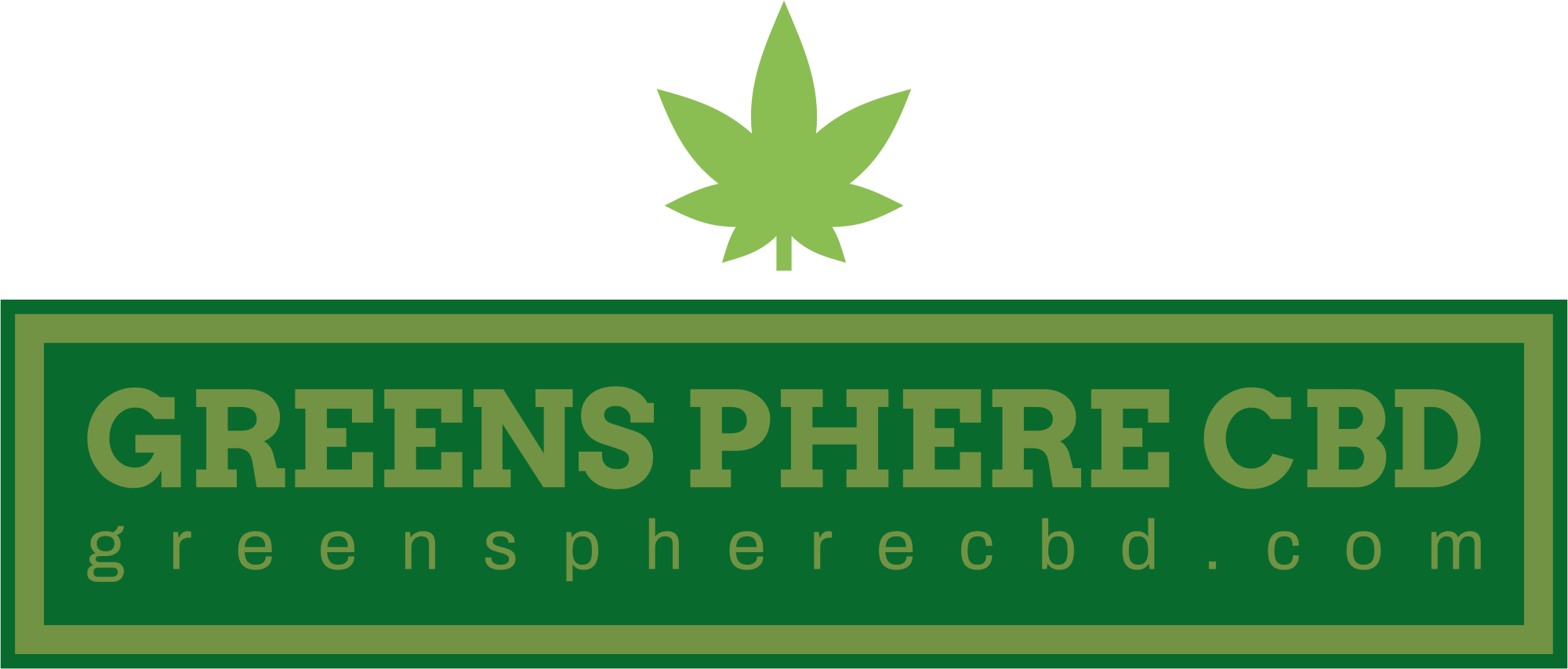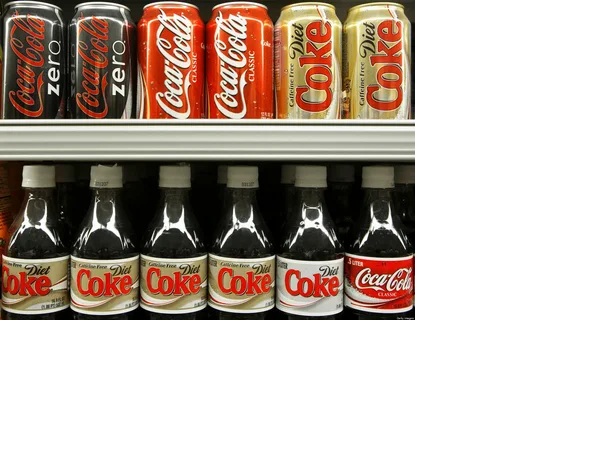Coca-Cola and Diet Coke are two of the most popular carbonated beverages consumed worldwide. Both beverages contain caffeine, a naturally occurring stimulant that can have various effects on the body, including increased alertness and improved mood. In this comprehensive guide, we will explore the caffeine content in Coke and Diet Coke, the potential health effects of caffeine consumption, and how it compares to other caffeinated beverages.
Understanding Caffeine Content
Caffeine is a naturally occurring compound found in coffee beans, tea leaves, cocoa beans, and other plants. It is widely used in beverages and foods for its stimulant properties, which can help increase energy levels and mental alertness. The amount of caffeine in a beverage can vary depending on factors such as the type of drink, brewing method, and serving size.
Caffeine Content in Coca-Cola
A standard 12-ounce (355 ml) can of Coca-Cola typically contains around 34 milligrams of caffeine. However, the caffeine content can vary slightly depending on the specific formulation and region where the product is manufactured. Coca-Cola Classic, the original formulation of Coca-Cola, contains caffeine as one of its key ingredients.
Caffeine Content in Diet Coke
Diet Coke is a sugar-free and calorie-free version of Coca-Cola that is sweetened with artificial sweeteners such as aspartame. Like Coca-Cola Classic, Diet Coke also contains caffeine as a key ingredient. A standard 12-ounce (355 ml) can of Diet Coke typically contains around 46 milligrams of caffeine. Similar to Coca-Cola, the caffeine content in Diet Coke can vary slightly depending on factors such as formulation and manufacturing location.
Health Effects of Caffeine Consumption
Increased Alertness
Caffeine acts as a central nervous system stimulant, blocking the action of adenosine, a neurotransmitter that promotes relaxation and sleepiness. By blocking adenosine receptors, caffeine helps increase alertness and wakefulness, making it a popular choice for combating fatigue and improving cognitive performance.
Enhanced Physical Performance
Caffeine has been shown to enhance physical performance by increasing adrenaline levels, mobilizing fatty acids from fat tissues, and improving muscle contraction. Athletes and fitness enthusiasts often use caffeine as an ergogenic aid to improve endurance, strength, and exercise performance.
Improved Mood and Mental Function
Caffeine consumption has been associated with improved mood, increased motivation, and enhanced cognitive function. It can help reduce feelings of fatigue, improve concentration, and enhance mental clarity, leading to better productivity and performance in various tasks.
Potential Health Risks
While moderate caffeine consumption is generally considered safe for most people, excessive intake can lead to adverse effects such as insomnia, jitteriness, increased heart rate, and digestive issues. Individuals with certain medical conditions, such as anxiety disorders, heart problems, or gastrointestinal disorders, may be more sensitive to the effects of caffeine and should limit their intake accordingly.
Comparing Caffeine Content to Other Beverages
The caffeine content in Coca-Cola and Diet Coke is relatively moderate compared to other caffeinated beverages. For example:
A standard 8-ounce (237 ml) cup of brewed coffee can contain anywhere from 95 to 165 milligrams of caffeine, depending on factors such as the type of coffee bean, brewing method, and serving size.
A standard 8-ounce (237 ml) cup of brewed black tea typically contains around 25 to 48 milligrams of caffeine, depending on factors such as brewing time and tea variety.
A standard 8-ounce (237 ml) cup of green tea typically contains around 20 to 45 milligrams of caffeine, depending on factors such as brewing time and tea variety.
Conclusion
In conclusion, Coca-Cola and Diet Coke are popular carbonated beverages that contain caffeine as a key ingredient. A standard 12-ounce (355 ml) can of Coca-Cola contains around 34 milligrams of caffeine, while a standard 12-ounce (355 ml) can of Diet Coke contains around 46 milligrams of caffeine. Caffeine consumption can have various effects on the body, including increased alertness, enhanced physical performance, improved mood, and mental function. While moderate caffeine intake is generally safe for most people, excessive consumption can lead to adverse effects. It’s essential to be mindful of your caffeine intake and consider your individual tolerance and sensitivity to caffeine when consuming caffeinated beverages. As always, moderation is key, and it’s essential to maintain a balanced and varied diet to support overall health and well-being.
Caffeine is a naturally occurring stimulant found in various beverages, including soda, coffee, tea, and energy drinks. Coke and Diet Coke, two popular carbonated soft drinks produced by The Coca-Cola Company, also contain caffeine, although in different amounts. In this comprehensive guide, we will explore the caffeine content in Coke and Diet Coke, how it compares to other beverages, and the potential effects of consuming these drinks.
Understanding Caffeine Content
Caffeine is a central nervous system stimulant that can temporarily increase alertness, improve concentration, and reduce fatigue. It is commonly used to combat drowsiness and enhance cognitive performance. While moderate caffeine consumption is generally considered safe for most adults, excessive intake can lead to adverse effects such as insomnia, jitteriness, increased heart rate, and anxiety.
Caffeine Content in Coke
Coke, also known as Coca-Cola Classic, is a carbonated soft drink flavored with cola nut extract, citrus oils, and other flavorings. It is one of the most widely consumed sodas globally and contains caffeine as one of its key ingredients. The caffeine content in a standard 12-ounce (355 ml) can of Coke is approximately 34 milligrams (mg). However, the caffeine content may vary slightly depending on the country of production and formulation.
Caffeine Content in Diet Coke
Diet Coke is a sugar-free variant of Coke that is sweetened with artificial sweeteners such as aspartame and acesulfame potassium (Ace-K). Like Coke, Diet Coke also contains caffeine, although it typically contains slightly more caffeine per serving compared to regular Coke. The caffeine content in a standard 12-ounce (355 ml) can of Diet Coke is approximately 46 mg.
Comparison to Other Beverages
When compared to other caffeinated beverages, Coke and Diet Coke contain moderate amounts of caffeine. For reference, a standard 8-ounce (240 ml) cup of brewed coffee contains approximately 95 mg of caffeine, while a similar serving of black tea contains around 47 mg. Energy drinks can contain much higher levels of caffeine, with some brands containing over 200 mg per serving.
Potential Effects of Caffeine Consumption
Moderate caffeine consumption has been associated with several potential health benefits, including improved cognitive function, enhanced physical performance, and reduced risk of certain chronic diseases such as Parkinson’s disease and Alzheimer’s disease. However, excessive caffeine intake or sensitivity to caffeine can lead to adverse effects such as insomnia, nervousness, gastrointestinal discomfort, and increased heart rate.
Considerations for Individuals
Individuals who are sensitive to caffeine or have certain medical conditions, such as heart disease, high blood pressure, or anxiety disorders, should exercise caution when consuming caffeinated beverages like Coke and Diet Coke. It is essential to monitor caffeine intake and limit consumption if experiencing adverse effects or discomfort. Pregnant women, nursing mothers, and children should also be mindful of their caffeine intake and consult with healthcare professionals regarding safe consumption levels.
Conclusion
Coke and Diet Coke are popular carbonated soft drinks that contain caffeine as one of their key ingredients. While Coke contains approximately 34 mg of caffeine per 12-ounce serving, Diet Coke contains slightly more caffeine, with around 46 mg per serving. Moderate caffeine consumption is generally considered safe for most adults and may offer certain health benefits. However, excessive intake or sensitivity to caffeine can lead to adverse effects and should be avoided. It is essential to be mindful of caffeine intake and consider individual tolerance and health status when consuming caffeinated beverages like Coke and Diet Coke. As with any dietary component, moderation is key to enjoying these beverages safely and responsibly.
- Juicy Adventures: A THC Beverage Review with Melo’s Grapefruit vs. Wild Berries - May 20, 2024
- Comprehensive Analysis The Ultimate CBD Topical Unveiled By Empe-USA - April 10, 2024
- Benefits of Folate (Folic Acid) Supplements - April 2, 2024

